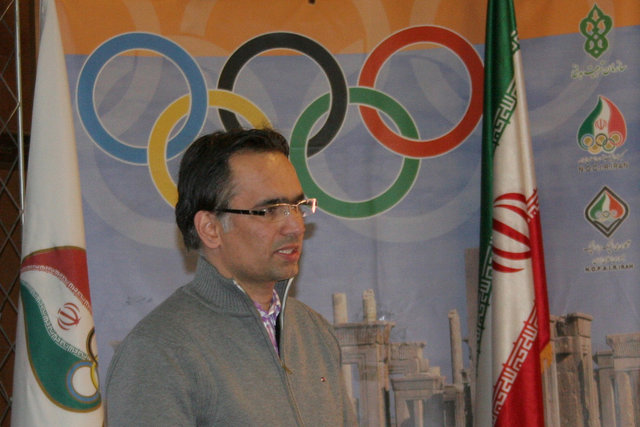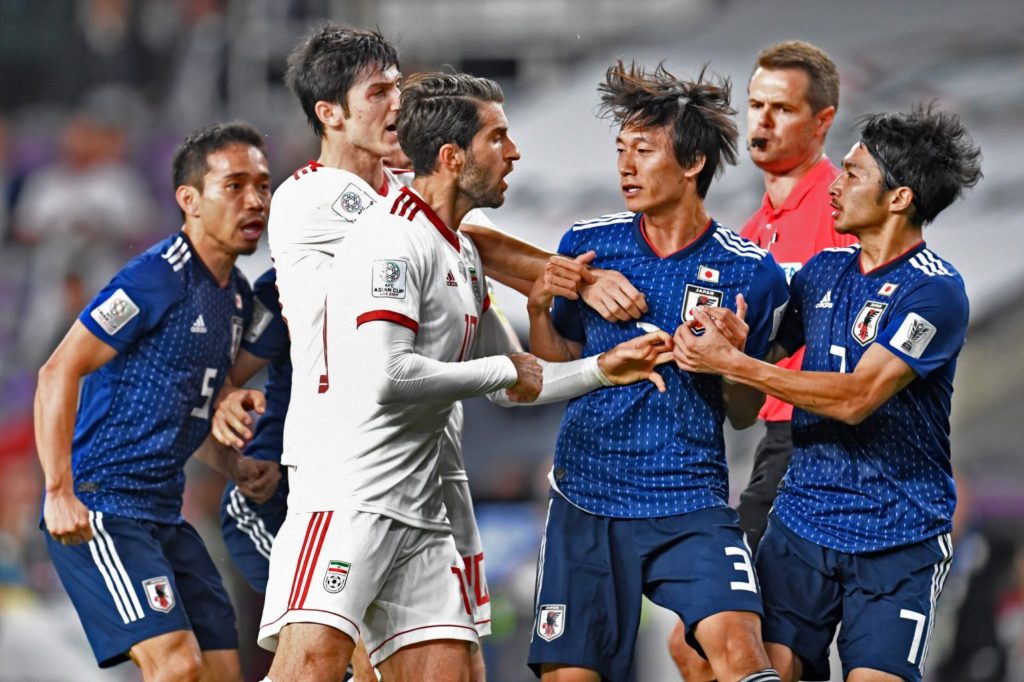Member of the Iranian Olympic Committee and head of its Psychology Commission condemned the mentality of conspiracy theorist in the country rather than identifying the root causes of Iranian athletes, coaches and technical factors in defeats. “There is a very obvious weakness in emotional control in Iranian sport.”

In an interview with ISNA, Dr Khosro Hamzeh commented on what he described as a plague of Iranian sport which has even spread to the grassroots levels, which has led to the Iranian Cadets team wrestling team losing the World Championships title in Bulgaria, a few days ago.
Dr. Hamzeh said “The most important thing is to be able to correctly identify the source of the problems. Unfortunately, in Iranian sport, many of the key issues of grievances, including protests of athletes, coaches, and technical managers, are caused by emotional and psychological factors. Those who lose always try to address external factors such as conspiracy and the influence of competitors for their loss. Rather than addressing the real issues, their own shortcomings and failures be it technical or otherwise, the easiest target is external factors”

The weakness of emotional control in Iranian sport
He continued”In the case of that Cadet wrestler, who cost his country dearly by being disqualified from the competition, he clearly lacked emotional control, because this young boy who needed to be raised at home educated at school, and trained by the club and national team from the onset of his career on important matters such as behavior and self-control.”
The Psychologist expert of NOC, pointing out that protests and dissents against referees in several sports have become a widespread issue, said: “We have seen many protests in sports, including football, volleyball, wrestling, futsal and other sports. Many winners, despite their high technical abilities or managerial capacities, have poor conduct or no control over their emotional and fail to control both positive and negative emotions.”
The necessity to establish appropriate training structures
Dr. Hamza continued “Another important issue that should be put on the agenda of Iranian sport as soon as possible with appropriate training structures is to provide the necessary training to athletes, coaches and other technical managers that are not only related to emotional control, but also about excitement and variety of behavior markers including anger management, stress, and other issues that trigger negative reactions and responses. He said that while accepting the flaws and problems we should avoid playing conspiracy theory”
” lack of emotional control is the Achilles’ heel of Iran’s sport and unfortunately we will continue to witness unsavoury conducts in the near future in most sports in Iran unless firm and positive actions are taken to avoid these shortfalls and address the root causes of the problems. We will not improve and this problem will remain unresolved if we accept the status quo.”
The Role Models
Hamzah points out that, “unfortunately, inappropriate Role models and icons have been created in Iranian sport, and most frequently the media has played a role in such creation. Media must play a responsible role by not endorsing those athletes with disruptive behaviours. It is very important for athletes’ of younger ages to look for a true role model.”

“Excellence and winning in sports are quite important, but how an athlete achieves it and how they behave, how they control their emotions, how they respect opponents and finally how they choose to live their private lives are important subjects of consideration. Even dressing, talking and other behaviours of an athlete are very important, and the icon is one that is technically and ethically excellent”
He added that “A sportsman such like Hamid Sorian, who is the best-decorated athlete in the history of Iran’s sport and a technically top world wrestler. Although Hamid Sorian is not a flawless human being, he has never been narcissistic and has hardly displayed inappropriate behaviour at the community level.

Icon building in Iranian Sports and Media
“Promoting sub-standard and suspect athletes in Iranian sports by the media has resulted in a wave of athletes’ narcissism and thus inappropriate role modelling for kids of age groups,” he said.
Referring to the Champions League final of 1986, he said: “In this competition, we saw the deaths of 38 Juventus fans, while Liverpool won the title, in the aftermath of the tragedy, English teams were kicked out of European competitions for several years. Although the British had a great influence on UEFA and FIFA, there was no intervention or lobbying to reduce the ban. In Iran, it is a natural habit to barter, bargain and negotiates any sanctions, disciplinary ruling or ban.”
“In Iran and after every disciplinary committee ruling, we witness interference and pressure from club representatives, governors, member of parliament and officials of the various federations. Even people, who are not related to the sport or the ruling, get a chance for rhetorical statements in the press who are normally quite happy and welcoming to publish such controversies. Such undue pressures have meant that disciplinary decisions are feeble and rarely respected.
The higher the profile of the club or the player, the weaker is the disciplinary sentence. We can safely claim that most disciplinary sentences in Iran is a farce.”


